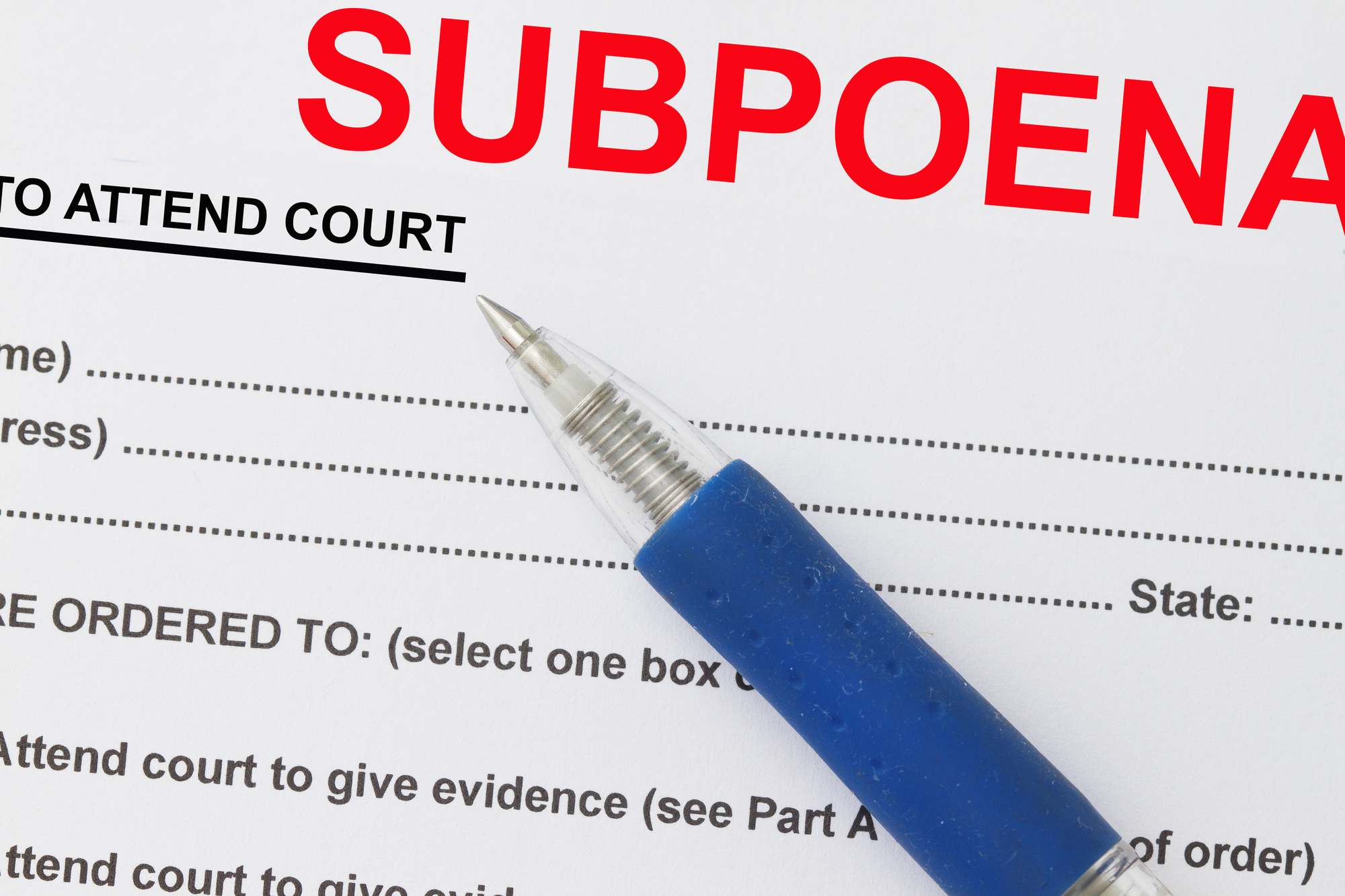
25 Feb Step Two in Getting Paid: Postjudgment Enforcement and Execution Proceedings
In our last blog we explained how you and your company should perfect your judgment after you win your case in court. Once a money judgment is entered and perfected, postjudgment enforcement is quite simple if you know that your judgment debtor has assets, and where they are. Your judgment may be collected through a variety of mechanisms including foreclosure of judgment liens, garnishment, or by writ of execution.
For example, if you know that your judgment debtor owns a rental property in Denver County, you could simply take the certified transcript of judgment to the Clerk and Recorder’s office in Denver County, and tell the Clerk and Recorder you want the transcript of judgment attached to the rental property and provide the address of the house. Once the judgment debtor sells that property, you and your company would get paid on the judgment. Or, you could force a foreclosure of the rental property.
But what if you don’t know anything about your judgment debtor’s assets, or, worse yet, your judgment debtor tries to hide assets? These mechanisms don’t work well if you don’t know where the judgment debtor’s assets are, to use these tools. In this case you would need to initiate postjudgment enforcement and execution proceedings.
Three Types of Postjudgment Enforcement and Execution Proceedings
A court has broad discretionary power to allow, control and regulate postjudgment enforcement and execution proceedings to make sure no individual and no court is subjected to unreasonable annoyance, expense, embarrassment, disadvantage, or other prejudice. Generally a judgment creditor has three, postjudgment enforcement options available to it:
Rule 69 interrogatories/Rule 69 subpoena. If the judgment debtor refuses to pay and you do not know where the judgment debtor works, banks or owns property, you and your attorney can have Rule 69 interrogatories and/or a Rule 69 subpoena served. When you serve a Rule 69 subpoena, the judgment debtor is ordered by the court to appear before the trial court and be examined as to available property. Also, the Rule 69 subpoena can require the judgment debtor to produce documents prior to the examination, or to bring the documents with them to examination.
If your attorney also serves Rule 69 interrogatories, the judgment debtor is ordered by the court to answer these form questions truthfully and to file them with the court within 14 days of service. The answers provided at examination or in the interrogatories can be helpful in collecting your judgment, especially if the information concerns the judgment debtor’s employer’s name and pay dates, location of bank accounts and/or other assets.
Writs. If you are able to gather enough information from your Rule 69 exam and your Rule 69 interrogatories, you and your attorney can file a writ of execution or a writ of garnishment in aid of writ of attachment against the judgment debtor to apply particular property to the satisfaction of the judgment.
Third-Party Garnishment. The information you obtain from the judgment debtor can also be used to join a third party garnishee as a party to the postjudgment enforcement proceedings. This third party is required to tell you about nonexempt property it might hold for the judgment debtor, or any obligation that the judgment debtor owes to it.
Purposes of Postjudgment Enforcement and Execution Proceedings
The use of any of these enforcement mechanisms is meant only to determine how your judgment is to be satisfied. The judgment debtor cannot dispute the amount of debt owed to you in these proceedings. But what if the judgment debtor does not comply with the order in answering the interrogatories, or appearing for an examination and providing documents?
You will need to file a request with the court for an order to issue a contempt citation to the judgment debtor. This mechanism can be used to have the court issue a bench warrant against the judgment debtor, to force him or her to come to court to answer your questions, produce documents and/or appear for examination.
The statutes and rules governing postjudgment enforcement and execution proceedings not only provide you with the ability to initiate a searching inquiry into the ability of the judgment debtor to pay his or her legal obligation, these rules and statutes are also meant to protect the judgment debtor from harassment if the debtor is found unable to pay. However, if it is found that the judgment debtor can pay, the court can force compliance and assist you with collecting on your judgment.
Moreover, and as stated above, the rules and statutes allow you as a judgment creditor to address circumstances where key information about assets—which assets should be subjected to the judgment lien—is in the hands of third persons. These proceedings can force non-debtor third parties to provide information about the judgment debtor’s assets which are in their possession, and can enable you to seize and hold the property and credits of the judgment debtor that are in the hands of these third persons.
Postjudgment enforcement proceedings can also assist you in reaching property which is beyond the reach of ordinary execution. For example, you as a judgment creditor can use garnishment to reach ordinarily non-leviable evidences of debt; prevent the loss or dissipation of such assets; determine the ownership of such funds; and to provide for the equitable distribution of such funds.
If you and your company need help looking for your debtor’s assets, please call Edwards Law today to find out how we can help with the process.


No Comments